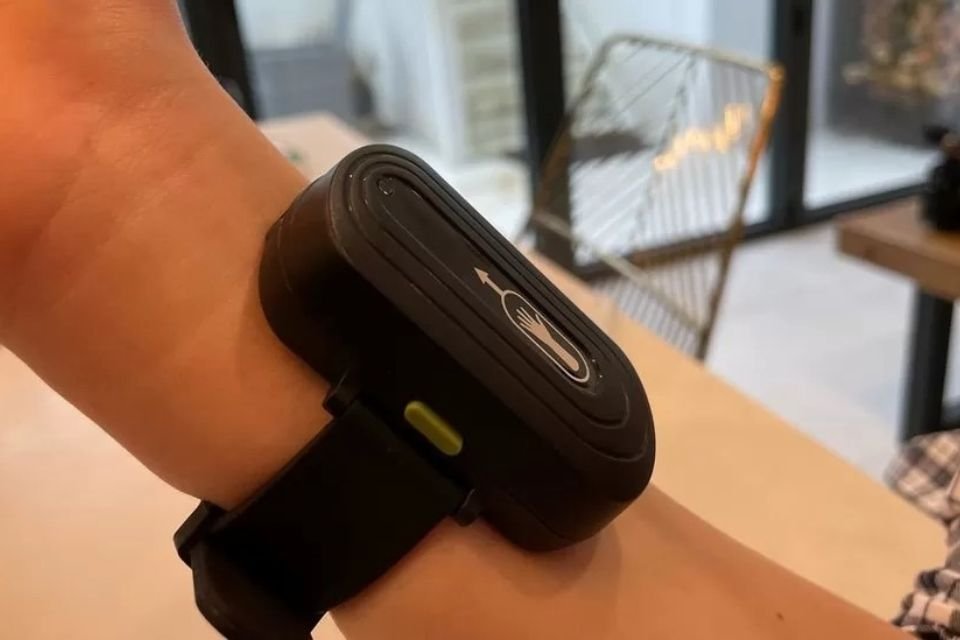A wrist-worn device designed to help control the symptoms of Tourette’s Syndrome was shown to be effective in a UK study of 121 people.
Scientists at the University of Nottingham, together with the company Neurotherapuetics, developed Neuropulse to help control the severity and frequency of tics caused by the disease.
“Although still in development, clinical trial results were extremely encouraging. The device has the potential to significantly improve the lives of people with Tourette’s Syndrome, who often have difficulties managing their tics,” said Stephen Jackson, Professor and Head of Neurotherapy Science at the University of Nottingham.
A Tourette’s Syndrome This is a neurological condition that causes “tics”, which are sudden jolts, movements, or sounds that people make over and over again.
It is usually diagnosed between the ages of 2 and 15 and is more common in men than women. Although there is no cure for Tourette’s Syndrome, there are some treatment options that can help improve your quality of life with tics.
To conduct the research, University of Nottingham scientists used repetitive electrical impulse sequences on the median nerve (MNS) at the wrist to induce rhythmic electrical brain activity — brain oscillation — associated with the suppression of movement.
This has been found to significantly reduce the frequency and intensity of tics and can be used at home via a mobile wrist device as a potentially effective treatment for Tourette’s symptoms.
Clinical trial participants wore the device simultaneously at home for 15 minutes for one month. The results revealed that people who received active stimulation had a significant reduction of more than 25% in the severity and frequency of their tics.
“The results of this study mark an exciting step towards an effective, non-invasive, home-based treatment for Tourette’s Syndrome. We are now focused on using the information from the test to develop a commercial device that can be made available.” Barbara Morera Maiquez, director of research at Neurotherapuetics.
The results of the study have been published in preprint format, yet not peer-reviewed.
Source: Tec Mundo
I’m Blaine Morgan, an experienced journalist and writer with over 8 years of experience in the tech industry. My expertise lies in writing about technology news and trends, covering everything from cutting-edge gadgets to emerging software developments. I’ve written for several leading publications including Gadget Onus where I am an author.












